
Emerging research findings suggest that a longer prostatic urethral length on MRI is associated with a 70 percent increased risk of grade >2 acute urinary toxicity after radiotherapy for prostate cancer.

Emerging research findings suggest that a longer prostatic urethral length on MRI is associated with a 70 percent increased risk of grade >2 acute urinary toxicity after radiotherapy for prostate cancer.
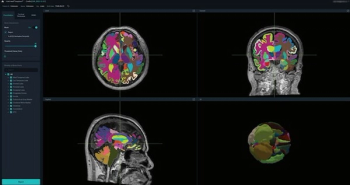
The artificial intelligence (AI)-powered software VUNO Med-DeepBrain reportedly automates brain MRI segmentation and provides access to volumetric data on over 100 regions of the brain.
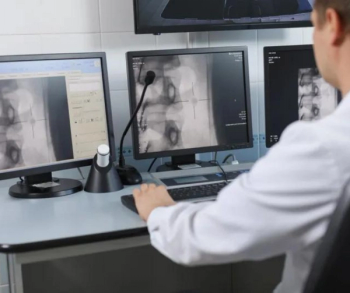
Is there a certain hypochondriasis that may lead some radiologists to pursue their own imaging, and would it change how aggressively they follow up incidentalomas on their own scans?

Catch up on the top radiology content of the past week.
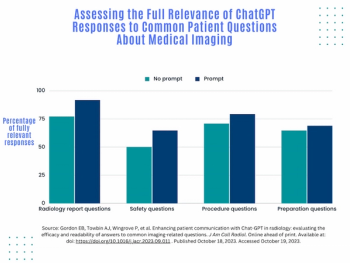
While ChatGPT has the potential to help streamline responses to imaging-related questions from patients, the authors of a new study found that a third of ChatGPT responses to unprompted questions on medical imaging were not “fully relevant.”
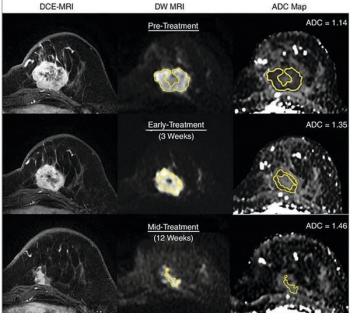
In a newly published literature review, researchers examined the benefits of diffusion-weighted imaging (DWI) magnetic resonance imaging (MRI) for breast cancer characterization and monitoring of neoadjuvant chemotherapy, current drawbacks that thwart wider adoption, and emerging techniques that may enhance the modality’s effectiveness.
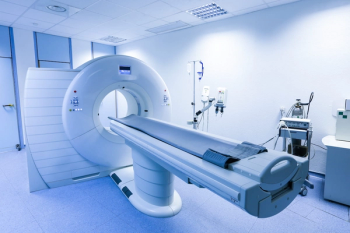
In a multicenter cohort of patients with interstitial lung disease (ILD), a deep learning classification tool demonstrated an 81 percent sensitivity rate and a 77 percent specificity rate for predicting usual interstitial pneumonia on computed tomography (CT) scans.
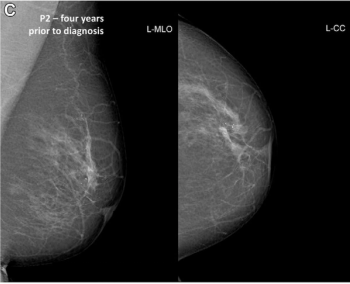
Artificial intelligence (AI) software assigned high malignancy risk scores to mammography exams completed up to two years prior to breast cancer diagnosis in over 38 percent of screen-detected cancer cases and over 39 percent of interval cancer cases, according to newly published research.
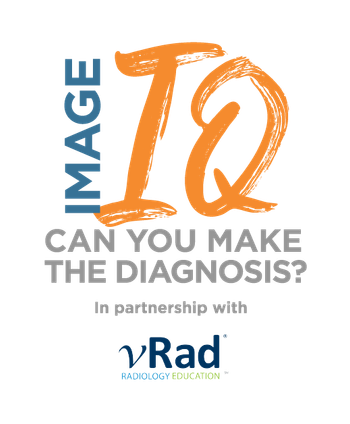
Review the case study and test your knowledge to make the correct diagnosis.
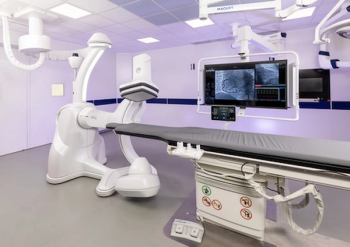
The Allia IGS Pulse reportedly has the first monopolar X-ray tube geared to interventional procedures.
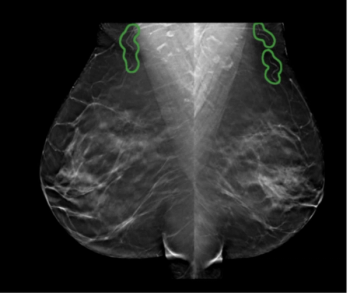
Utilized in conjunction with screening digital mammography or digital breast tomosynthesis (DBT), the artificial intelligence (AI)-powered software cmAngio may help detect and localize breast arterial calcification (BAC), an incidental finding that has been linked to an elevated risk for heart disease and stroke.

Various organizations have applauded the decision by the CMS to remove National Coverage Determination (NCD) limitations to coverage for amyloid PET scans, including the limitation of Medicare or Medicaid coverage to one PET scan per a patient’s lifetime. It remains to be seen, however, how coverage decisions will be made by local Medicare Administrative Contractors (MACs).
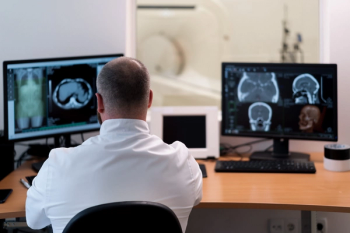
The success of compliance initiatives is often preceded by an easily understood rationale and simply stated benefits.

Catch up on the top radiology content of the past week.
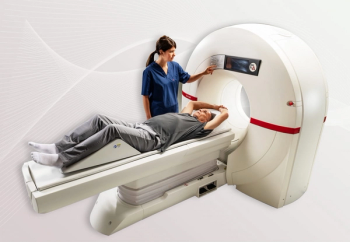
Offering dedicated computed tomography (CT) assessment of the cardiovascular system, the SpotLight and SpotLight Duo systems reportedly provide high-resolution imaging for diagnosis and monitoring of cardiovascular diseases.
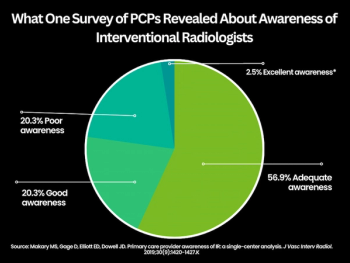
While interventional radiologists can have an impact in a number of clinical areas by offering minimally invasive options for patients, there remains a prevailing lack of awareness about the speciality among referring physicians and patients. Accordingly, these authors delve into the issue and discuss an array of options for elevating awareness of interventional radiology.
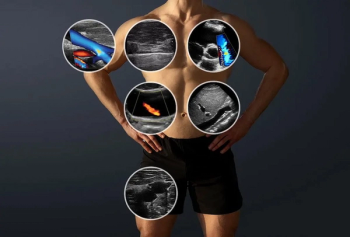
Combining phased and linear arrays on a single head, the Clarius PAL HD3 ultrasound device was unveiled at the recent American College of Emergency Physicians (ACEP) Scientific Assembly conference.
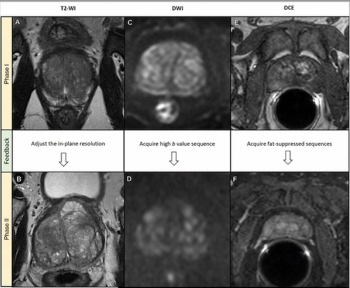
In a study of 355 multiparametric prostate MRI exams from a total of 71 scanners from 41 facilities in 18 countries, researchers found that only 23 scanners achieved a PI-QUAL score of 5 for optimal image quality.
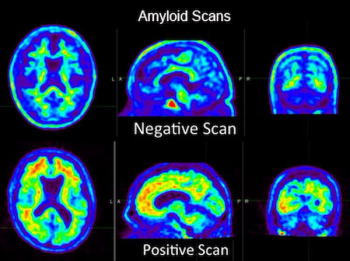
In a study of over 25,000 Medicare beneficiaries with mild cognitive decline or dementia, researchers found that obtaining amyloid positron emission tomography (PET) scans resulted in no statistically significant differences upon subsequent hospitalization and emergency department visit rates at one year.
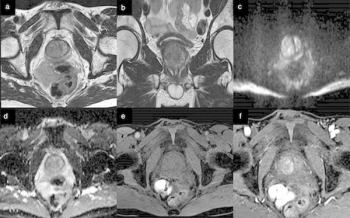
In a recently published literature review, researchers examined the potential impact of advanced sequences, scanners, patient preparation and AI on image quality for prostate MRI exams.
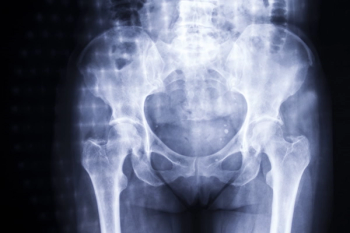
By leveraging subtle signals on routine X-rays to assess bone mineral density (BMD), the technology may facilitate earlier detection of osteoporosis and help prevent fragility fractures.
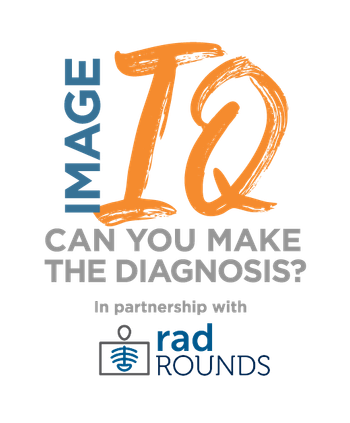
Review the case study and test your knowledge to make the correct diagnosis.
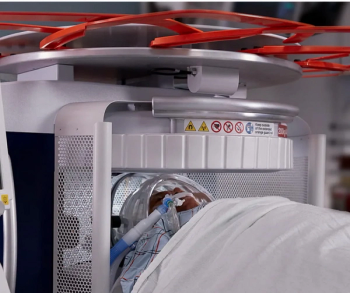
In reportedly the eighth FDA 510(k) clearance for Hyperfine’s Swoop portable brain MRI device, clinicians will now have access to enhanced denoising capabilities with diffusion-weighted imaging (DWI) sequences.

While some may see a job applicant with multiple past employers as a job hopper, others may see an opportunity to hire a radiologist with diverse work experience.

Catch up on the top radiology news of the past week.

In a recent video interview, Ashesh Jani, M.D., discussed a subset analysis from the SPOTLIGHT trial that examined the utility of the PET PSMA agent flotufolastat F 18 (Posluma) for detecting prostate cancer recurrence in men with low PSA levels lower than 1 ng/mL.
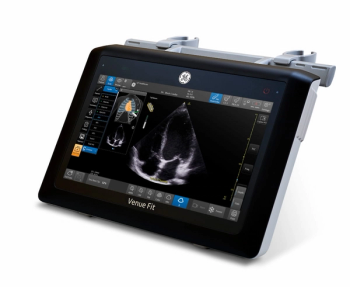
Geared to clinicians who may lack ultrasound expertise, the artificial intelligence (AI)-powered Caption Guidance technology reportedly provides stepwise instruction for acquiring optimal cardiac ultrasound images.
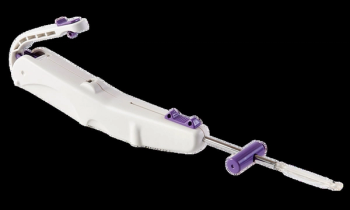
In a study of over 500 people with carpal tunnel syndrome, researchers found that 57 percent returned to work three days after being treated with UltraGuideCTR, a modality which enables real-time ultrasound guidance for carpal tunnel release.
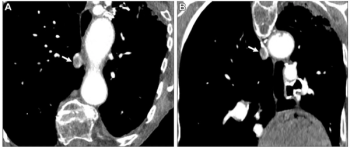
While the artificial intelligence (AI) triage system significantly reduced wait times for computed tomography pulmonary angiography (CTPA) results that were positive for pulmonary embolism (PE), researchers found no significant differences in the use of adjunctive AI with respect to accuracy rates and specificity rates.

In reportedly the first randomized study to compare hypofractionated radiation treatment versus conventional radiation treatment for women who had breast reconstruction procedures after mastectomy, researchers at the recent ASTRO conference noted similar rates of cancer recurrence, chest wall toxicity and patient well-being.